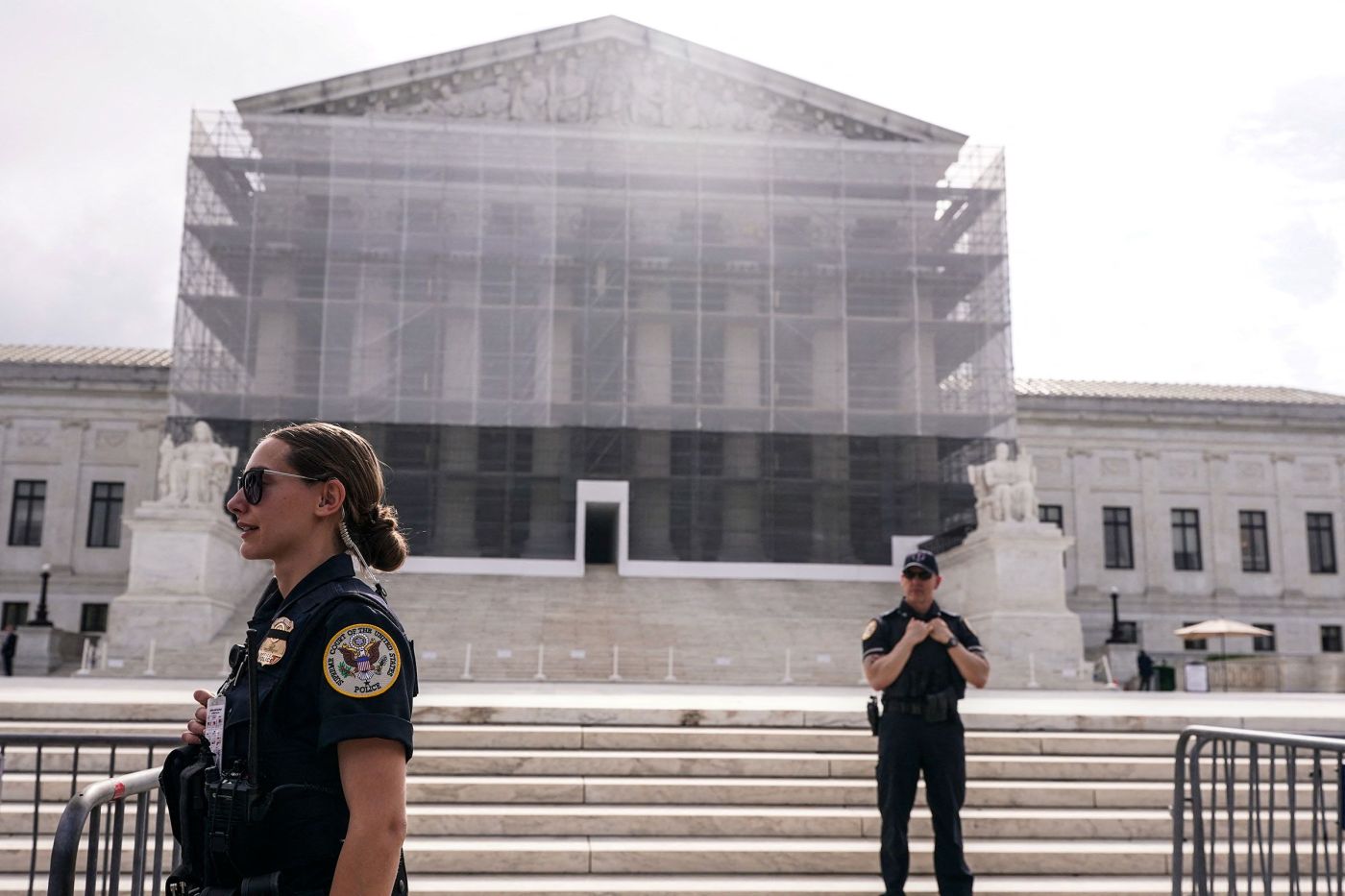
The Supreme Court on Thursday limited the scope of environmental reviews of major infrastructure projects in a decision that could speed up approvals of highways, airports and pipelines.
The decision is the latest setback for environmentalists at the conservative Supreme Court, which has in recent years shut down regulations intended to protect wetlands, for instance, and reduce air pollution wafting across state lines. President Donald Trump repeatedly slammed the government’s environmental review process as too cumbersome.
Related Articles
California lawmakers narrow Jay Leno bill to end smog checks for vehicles 35 years and older
Three new wolf packs discovered in Northern California
Hawaii’s governor signs new hotel tax legislation to help cope with climate change
Lawsuits aim to hold fossil fuel companies responsible for climate change. Here’s a look at some
Get ready for several years of killer heat, top weather forecasters warn
The National Environmental Policy Act, signed by President Richard Nixon, is considered one of the foundational environmental laws formed at the beginning of the modern environmental movement.
Justice Brett Kavanaugh wrote the opinion for the court and there were no dissents. Ultimately, both liberal and conservative justices agreed with the bottom line decision.
Kavanaugh wrote that the environmental question at issue in the case – an 88-mile railway that would carry waxy crude oil from the Uinta Basin in Utah to existing rail networks – was “not close.”
“Courts should afford substantial deference and should not micromanage those agency choices so long as they fall within a broad zone of reasonableness,” Kavanaugh wrote.
“Simply stated, NEPA is a procedural cross-check, not a substantive roadblock,” he later added. “The goal of the law is to inform agency decisionmaking, not to paralyze it.”
Justice Neil Gorsuch, a conservative, recused himself from the case. He did not explain his decision to back away from the appeal but the move came after Democrats on Capitol Hill argued that Denver-based billionaire Philip Anschutz, a longtime ally of Gorsuch, had a financial interest in the outcome of the case.
The court’s three liberals – Justices Sonia Sotomayor, Elena Kagan and Ketanji Brown Jackson – agreed with the outcome of the case but had different reasoning. Writing for the three, Sotomayor said that such environmental reviews conducted by federal agencies should be limited to their own expertise. The Surface Transportation Board, which conducted the review in this case, is primarily focused on transportation projects, not oil refining.
“Under NEPA, agencies must consider the environmental impacts for which their decisions would be responsible,” Sotomayor wrote. “Here, the board correctly determined it would not be responsible for the consequences of oil production upstream or downstream from the railway because it could not lawfully consider those consequences as part of the approval process.”
Railway to carry crude oil from Utah
The case centered on an 88-mile railway that would carry waxy crude oil from the Uinta Basin in Utah to existing rail networks, making it easier for the oil and gas industry to move that product to refineries in other parts of the country.
The Surface Transportation Board conducted an environmental review of the railway, as required by law, but environmentalists said that review should have been more extensive and considered the downstream impacts of the railway. In other words, they said the review should have contemplated the impact of more crude oil being refined.
The Biden administration defended the federal agency’s less robust review. In that sense, the Biden and Trump administrations were aligned.
During his first term, Trump frequently slammed environmental studies under NEPA as too cumbersome and time-consuming.
“These endless delays waste money, keep projects from breaking ground and deny jobs to our nation’s incredible workers. From day one, my administration has made fixing this regulatory nightmare a top priority,” Trump said at the White House in 2020.
Congress approved changes to the law last year that, in many cases, require those reviews to be limited to 150 pages – rather than allowing the studies to run thousands of pages long. That was an argument the rail line’s supporters raised during arguments: It’s not clear how an agency could consider all of the downstream effects in an 150-page document.
Eagle County, Colorado, and several environmental groups sued over the review, arguing that the more limited exploration of possible environmental impacts would actually have nationwide significance.
“This case is bigger than the Uinta Basin railway,” Sam Sankar, vice president of programs for Earthjustice, which is representing some of the plaintiffs, told CNN in December. “The fossil fuel industry and its allies are making radical arguments that would blind the public to obvious health consequences of government decisions. The court should stick with settled law instead. If it doesn’t, communities will pay the price.”
The-CNN-Wire
& © 2025 Cable News Network, Inc., a Warner Bros. Discovery Company. All rights reserved.